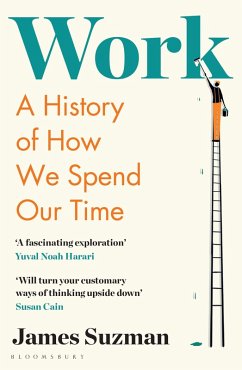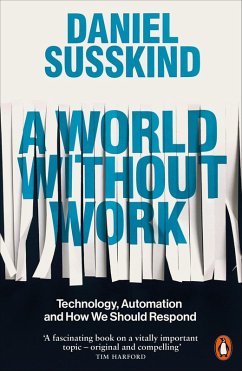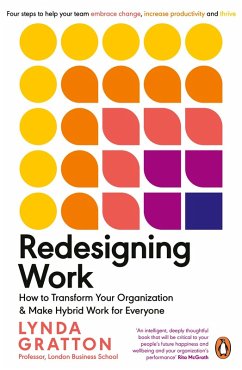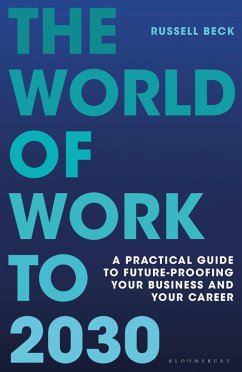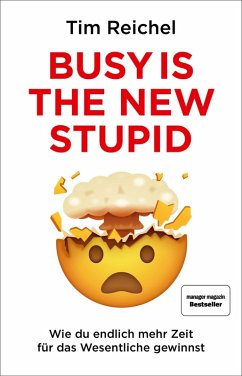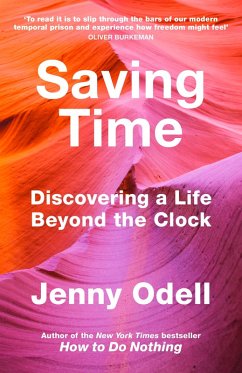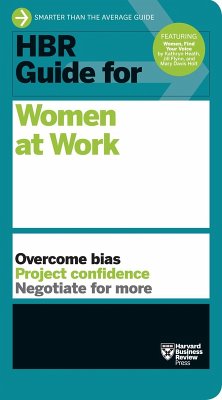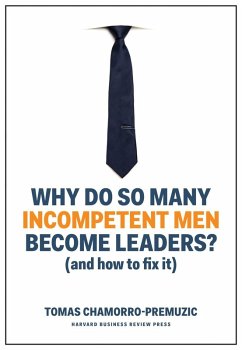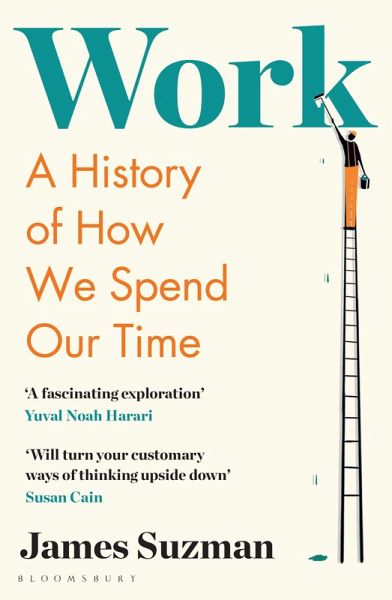
Work (eBook, PDF)
A History of How We Spend Our Time
Versandkostenfrei!
Sofort per Download lieferbar
8,95 €
inkl. MwSt.
Weitere Ausgaben:

PAYBACK Punkte
4 °P sammeln!
_______________ 'A fascinating exploration that challenges our basic assumptions of what work means' - Yuval Noah Harari 'There is eminently underlinable stuff on most pages ... Fascinating' - The Times 'One of those few books that will turn your customary ways of thinking upside down' - Susan Cain 'Illuminating' - New Statesman _______________ A revolutionary new history of humankind through the prism of work, from the origins of life on Earth to our ever more automated present The work we do brings us meaning, moulds our values, determines our social status and dictates how we spend most of ...
_______________ 'A fascinating exploration that challenges our basic assumptions of what work means' - Yuval Noah Harari 'There is eminently underlinable stuff on most pages ... Fascinating' - The Times 'One of those few books that will turn your customary ways of thinking upside down' - Susan Cain 'Illuminating' - New Statesman _______________ A revolutionary new history of humankind through the prism of work, from the origins of life on Earth to our ever more automated present The work we do brings us meaning, moulds our values, determines our social status and dictates how we spend most of our time. But this wasn't always the case: for 95% of our species' history, work held a radically different importance. How, then, did work become the central organisational principle of our societies? How did it transform our bodies, our environments, our views on equality and our sense of time? And why, in a time of material abundance, are we working more than ever before?
Dieser Download kann aus rechtlichen Gründen nur mit Rechnungsadresse in A, B, BG, CY, CZ, D, DK, EW, E, FIN, F, GR, HR, H, IRL, I, LT, L, LR, M, NL, PL, P, R, S, SLO, SK ausgeliefert werden.




